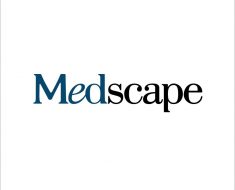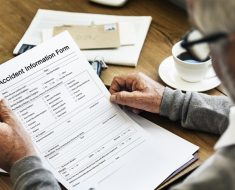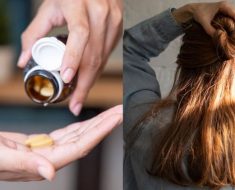Maybe you’ve had someone in your life who went through breast cancer. Maybe you’ve seen characters go through breast cancer treatment on TV shows, from Samantha on Sex and the City to Xiomara on Jane the Virgin. Maybe you’ve had it yourself. About one in eight U.S. women will develop the disease over the course of their lifetime.
But there’s so much that a person may not really understand about the disease—despite reading everything available on medical websites and hearing from doctors—about what it’s actually like to navigate life with breast cancer. Actually receiving that diagnosis and undergoing treatment shines a big spotlight on never-considered questions, never-received answers, and never-imagined experiences. Unless you’re a breast cancer survivor yourself, there are nuances of the illness that you simply can’t prepare for.
Whether you’re going through breast cancer firsthand, or you know and love someone who is, the more you know about it, the better you can show up for yourself or another individual who could use support. So WH spoke with a group of women who have faced breast cancer head on about the parts of their journey they didn’t expect—and they told us all about the good, the bad, and the braless.
The reconstruction process sucks.
“I always had this idea in my head that the silver living was a boob job, and it couldn’t have been further from the truth. Reconstruction is literally a science project on your chest with implants, and for some body fat or skin moved from other places on your body.
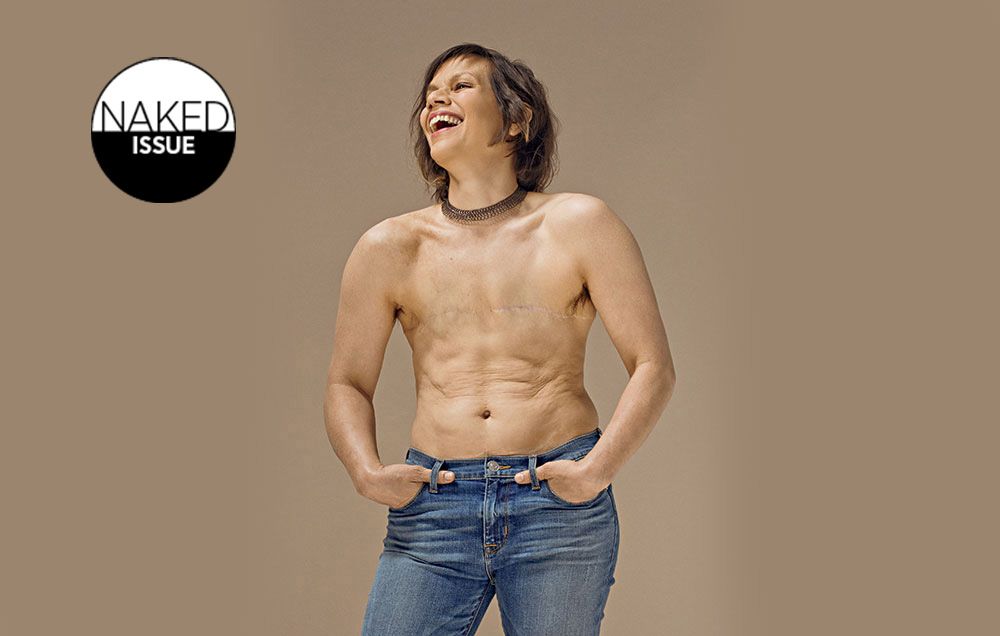
After four surgeries, I am taking a break from the reconstruction process to live my life. I had to come to terms with the fact that my body will never look like it did pre-cancer. While I am okay with that now, it can take a toll on you emotionally and physically. I wish more women were informed of the realities of reconstruction before starting the process.” —Anna Crollman, Cary, North Carolina
It impacts you a lot after treatment has ended.
“What surprised me the most about cancer: being totally able to hold it together and handle everything during surgery and treatment, and then after I was finished, being triggered and emotional. It makes sense and it’s how all trauma is processed, but people don’t realize that ‘being strong’ during treatment is a survival mechanism. We still need support afterward, people!” —Suzanne Hawkins Duff, Columbia, South Carolina
Everyone *else* needs to hear that you’re all good.
“I did realize that it would forever change me (obviously: they removed my breasts at the age of 31), but when the treatment is finished and the surgeries are over, I couldn’t just forget it. It dug into my brain in such a heavy way that I had a lot of work to do on my mental health.
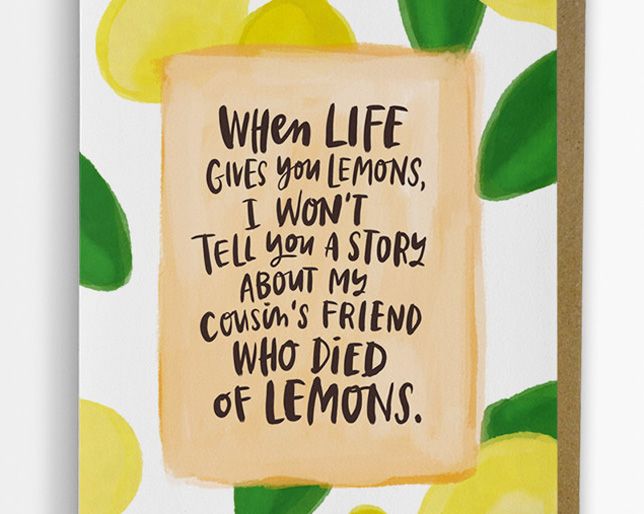
The surprising part was how uncomfortable that makes other people. People desperately need you to be okay. They really want to hear it’s all gone and everything is fine. That was tough. I often have to think through how I want to handle that.” —Kate Catlin Payne, Raleigh, North Carolina
Learn how to do a breast self-exam:
You can get it really young with no family history.
“My sister and I were both diagnosed at young ages, her at 39 and me at 42. Surprising because we have absolutely no family history and no genes that we know of.” —Stephanie VanEman Jones, Louisville, Kentucky
You feel so…lost.
“I had never felt so lost and so isolated. There are things in my life that had to be put on pause. I changed the course of what I planned for my future, and it was difficult having a connection to other people my age (who don’t have cancer).” –Rach DiMare, Chicago
People will ask you how you got it.
“Before I was diagnosed, I didn’t know there were different kinds of breast cancer and that some didn’t have targeted therapies. I also had no idea that if you have triple negative breast cancer, you can be diagnosed so young.
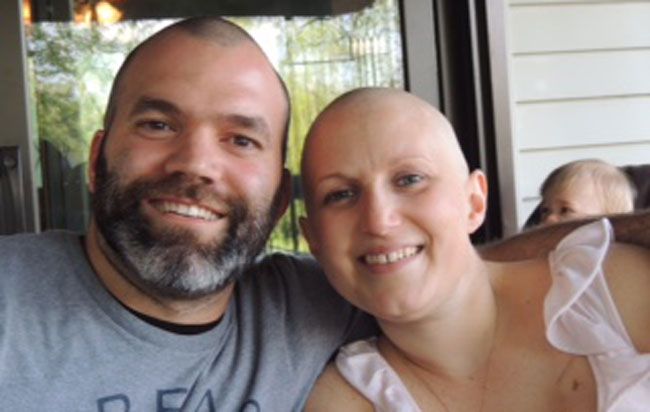
I was also surprised by how many people would ask me what I did that made me get cancer—I felt blamed for getting it. I was 41, had never smoked, never had a drink, wasn’t overweight, had been a vegetarian since I was 17, and had run eight marathons. And I still got breast cancer. People don’t understand that women aren’t bringing it on themselves.” –Liz Dwyer, Los Angeles
We still don’t have a lot of info on breast cancer.
“I was shocked at the lack of information my cancer doctors could give me about how I got it in the first place, or how to prevent it from coming back. So I turned to natural and integrative medicine for the most part, which was much more informative, and I’m excited to be celebrating my 10-year Cancerversary this year!” –Danielle Messina, Bergen County, New Jersey
Source: Read Full Article
